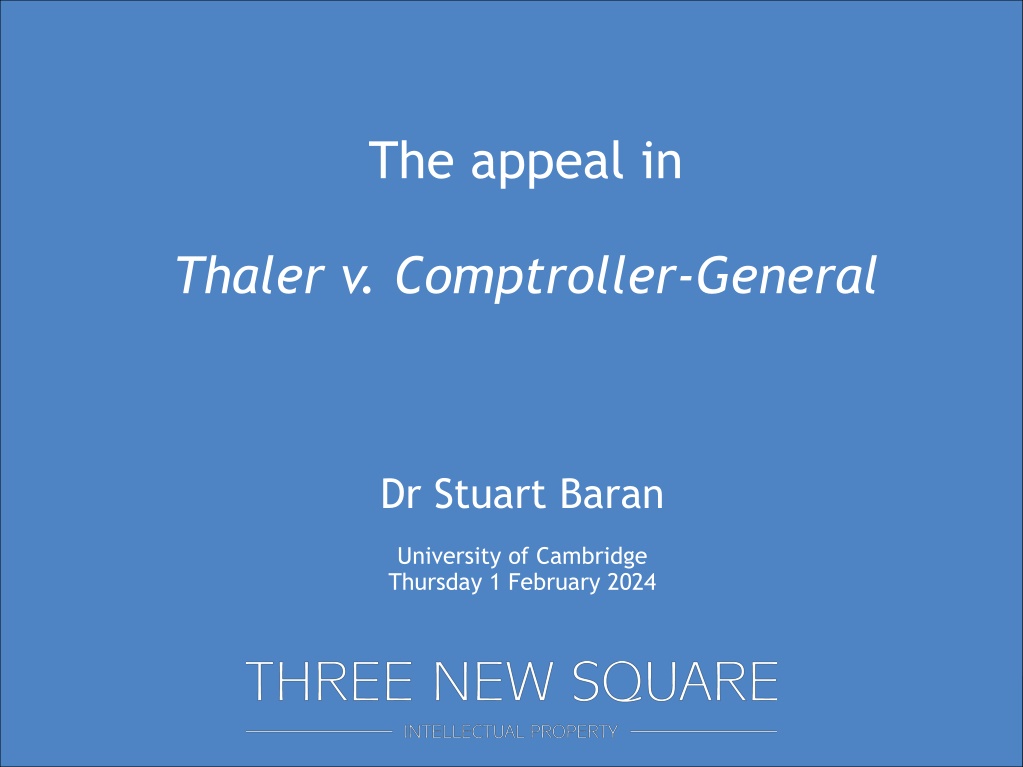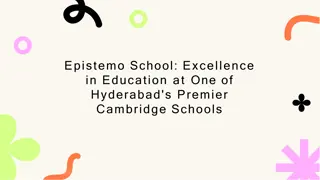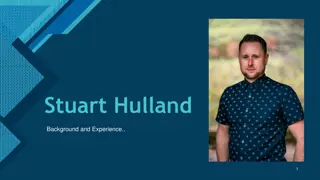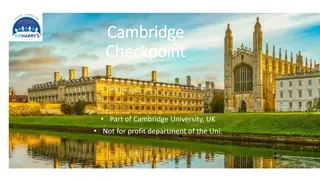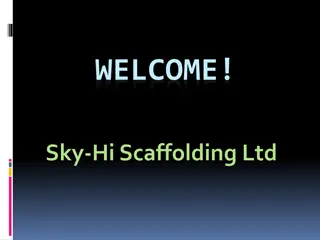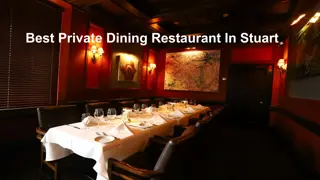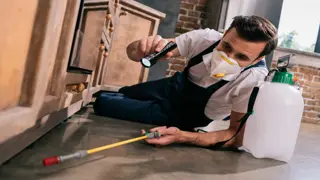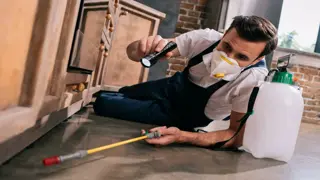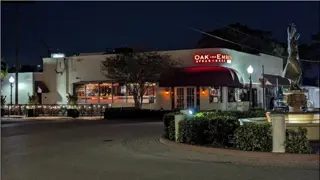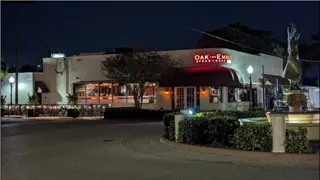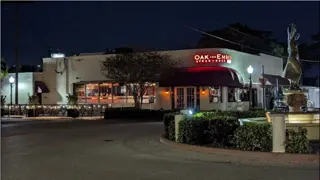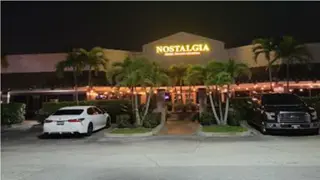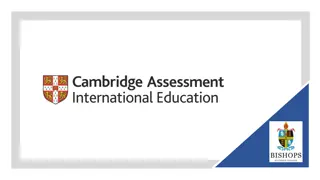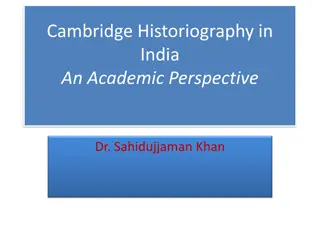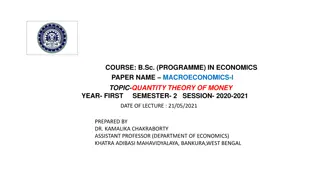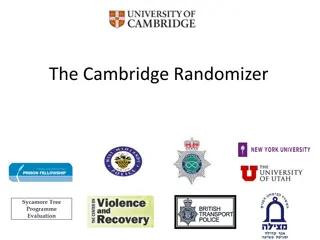Overview of Thaler v. Comptroller-General Case
The document provides insights into the appeal in Thaler v. Comptroller-General, focusing on the applications related to patents for innovations. It discusses the inventor's claim, legal provisions under the Patents Act 1977, and the person entitled to apply for a patent.
Download Presentation

Please find below an Image/Link to download the presentation.
The content on the website is provided AS IS for your information and personal use only. It may not be sold, licensed, or shared on other websites without obtaining consent from the author.If you encounter any issues during the download, it is possible that the publisher has removed the file from their server.
You are allowed to download the files provided on this website for personal or commercial use, subject to the condition that they are used lawfully. All files are the property of their respective owners.
The content on the website is provided AS IS for your information and personal use only. It may not be sold, licensed, or shared on other websites without obtaining consent from the author.
E N D
Presentation Transcript
The appeal in Thaler v. Comptroller-General Dr Stuart Baran University of Cambridge Thursday 1 February 2024
Introduction I appeared in the UKSC as Standing Counsel to HM Comptroller-General of Patents, Designs and Trade Marks (the UKIPO) Today I am not representing him, the UKIPO, or the UK government just me! Any views I express today are solely mine
The Applications "Food Container new shape of parts of packaging for food "Devices and Methods for Attracting Enhanced Attention flashing light for use as a flare-like device No prime facie patentability objections
The Forms 7 Family Name of the Inventor: "DABUS Indication of how he had the right to be granted a patent, Dr Thaler wrote: "by ownership of the creativity machine 'DABUS Accompanied by an extended explanation of Thaler s position
Section 7 Patents Act 1977 Right to apply for and obtain a patent. (1) Any person may make an application for a patent either alone or jointly with another. (2) A patent for an invention may be granted (a) primarily to the inventor or joint inventors; (b) in preference to the foregoing, to any person or persons who, by virtue of any enactment or rule of law, or any foreign law or treaty or international convention, or by virtue of an enforceable term of any agreement entered into with the inventor before the making of the invention, was or were at the time of the making of the invention entitled to the whole of the property in it (other than equitable interests) in the United Kingdom; (c) in any event, to the successor or successors in title of any person or persons mentioned in paragraph (a) or (b) above or any person so mentioned and the successor or successors in title of another person so mentioned; and to no other person. (3) In this Act "inventor" in relation to an invention means the actual deviser of the invention and "joint inventor" shall be construed accordingly. (4) Except so far as the contrary is established, a person who makes an application for a patent shall be taken to be the person who is entitled under subsection (2) above to be granted a patent and two or more persons who make such an application jointly shall be taken to be the persons so entitled.
Section 13 Patents Act 1977 Mention of inventor. (1) The inventor or joint inventors of an invention shall have a right to be mentioned as such in any patent granted for the invention and shall also have a right to be so mentioned if possible in any published application for a patent for the invention and, if not so mentioned, a right to be so mentioned in accordance with rules in a prescribed document. (2) Unless he has already given the Patent Office the information hereinafter mentioned, an applicant for a patent shall within the prescribed period file with the Patent Office a statement (a) identifying the person or persons whom he believes to be the inventor or inventors; and (b) where the applicant is not the sole inventor or the applicants are not the joint inventors, indicating the derivation of his or their right to be granted the patent; and, if he fails to do so, the application shall be taken to be withdrawn. (3) Where a person has been mentioned as sole or joint inventor in pursuance of this section, any other person who alleges that the former ought not to have been so mentioned may at any time apply to the comptroller for a certificate to that effect, and the comptroller may issue such a certificate; and if he does so, he shall accordingly rectify any undistributed copies of the patent and of any documents prescribed for the purposes of subsection (1) above.
